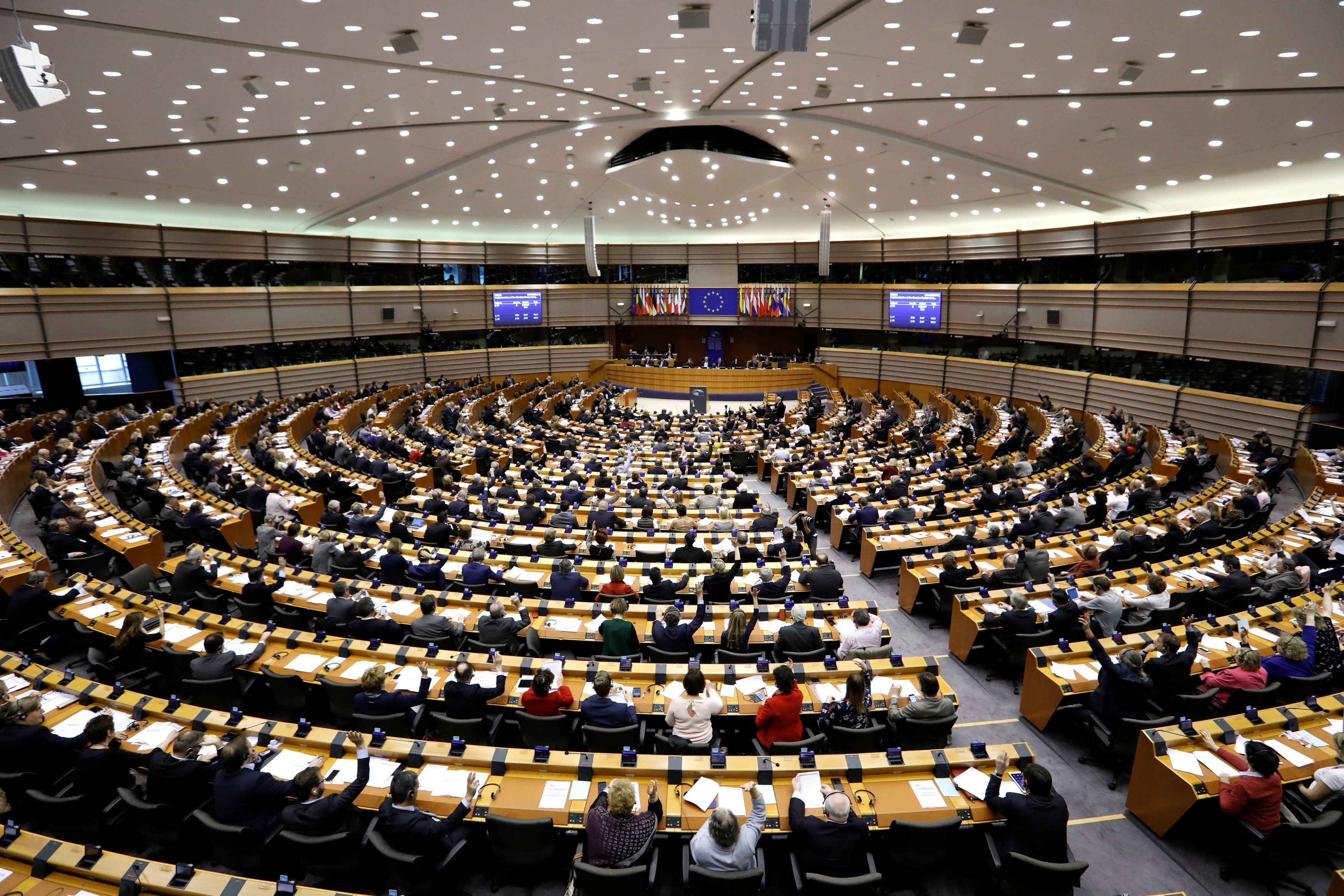from The Wall Street Journal,
9/25/15:
Toll roads make up more than half the mileage of national highways in Catalonia, fueling resentment.

Catalan secessionists like to say that every time a gate swings down on one of the region’s many toll roads, another motorist becomes ripe for conversion to the cause of independence from Spain. Toll roads make up more than half the length of national highways running through Catalonia, more than twice the national average.
The prevalence of toll roads has long fueled a sense of grievance among Catalans, who say the national government fails to invest enough on infrastructure in their industrial region. Toll roads are “a practical problem and a powerful symbol,” said Daniel Albalate, a University of Barcelona economist.
Officials in Madrid note that Catalonia’s regional government oversees some toll roads itself, and most of the toll payments wind up in the coffers of a Catalan company, Abertis Infraestructuras SA, a multinational toll-road operator.
Many people in the rest of the country say Catalans can afford to pay for some services, as their incomes also exceed the national average.
The question of for whom the tolls go will be on the minds of many Catalans when they vote in Sunday’s parliamentary election. If nationalists win a majority of seats, they say they will start a process to make Catalonia an independent European state within 18 months.
Complaints over lack of investment in Catalan roads, trains and ports help explain why secession has evolved from a marginal to a mainstream position over the past five years.
A panel of Catalan economists calculated that under Spain’s system of regional revenue-sharing, Catalonia is shortchanged to the tune of €16 billion ($18 billion) a year.
Not only could Catalonia build new, free highways or buy out road concessions, he said, it could also upgrade broken-down regional passenger trains and build a badly needed freight-rail connection to the Port of Barcelona.
The national Budget Ministry said the revenue-sharing imbalance is only half of what secessionists claim. Ferran Brunet, an Autonomous University of Barcelona economist who is against secession, said any revenue savings Catalonia could make by seceding would be more than erased by reduced private investment and losses in trade with the rest of Spain.
Nevertheless, the tolls serve as a daily reminder of what many Catalans consider a pattern of unfair treatment. “Tolls were the first thing that made me look closely at the relationship with Madrid and decide Catalonia should be independent,” said Miriam Nogueras, a textile executive who figures she pays about €40 a week in tolls.

More From The Wall Street Journal (subscription required):




















